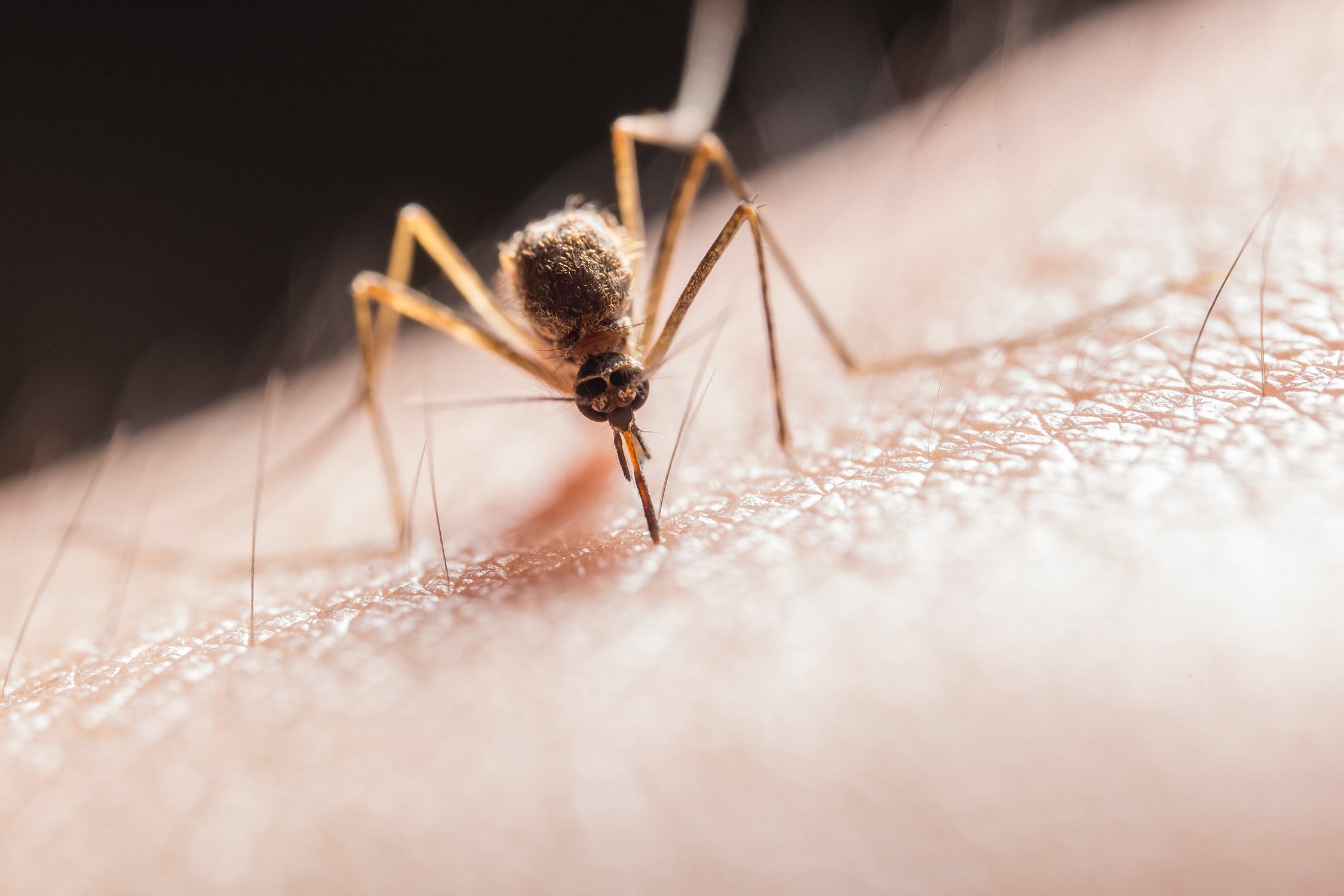
14 Jul Why Use Bug Spray For Insect Bites in Kids
3 min. readWarm weather brings more chances of getting outside. It is the perfect weather for kids to head to parks and other recreational places to play and enjoy the fresh air with friends and family. However, with warmer weather comes mosquitoes and other insects.
Biting insects, including flies, ticks, and mosquitoes, can cause illness. Therefore, preventing children and oneself from biting insects is crucial. Here, we discuss the main ingredient in bug sprays that help prevent children from insect bites and more ways to prevent your children from bugs.
What is DEET?
Diethyltoluamide or DEET is an active ingredient in insect sprays that protects against flies, ticks, mosquitoes, fleas, leeches, chiggers, and many other biting insects. It is a light-yellow oil that you can put on clothes or skin to protect yourself from insect bites. According to research, 23% to 29% of children in America are exposed to DEET.
Is it okay to use DEET on young children?
Yes, insect repellents that contain DEET are safe to use. Since the ingredient has undergone testing and experiments, it is now safe to use on young children. You can use DEET-containing bug repellents on children ages two months to older. However, you must follow the guidelines below.
- Use sprays containing DEET only once daily.
- Do not use sunscreen-bug spray combinations because you have to reapply sunscreens regularly.
- The percentage of DEET in insect repellents shows how long it will last. Therefore, use the one with the lowest percentage even if your kids play outside for one to two hours; 6 to 7 percent last for two hours. However, 20 percent last for five hours. Do not choose a repellant with more than 30 percent.
- Apply the spray in an open area, so you or your child do not inhale it.
- Do not apply spray containing DEET on sunburnt or broken skin.
- Wash your child’s skin once he comes back. Wash the clothes before he wears them again.
- Keep the spray away from the mouth, nose, and eyes.
- Read the label of the insect repellant and follow the instructions mentioned on the packaging.
What other products can you use to prevent your child from insect bites?
More products prevent your child from insect bites. Picaridin or products with lemon eucalyptus oil are effective in preventing insect bites and last same as 20 percent of DEET. Another effective product, permethrin, can be applied to a child’s clothes. However, you can reapply during the day. People mainly use permethrin on outdoor equipment such as camps or tents.
How Can You Protect Your Child from Insect Bites?
Although you cannot prevent your children from all insect bites, you can reduce the chances of bites by following the guidelines below.
- Avoid taking your children to areas that attract flying insects, such as stagnant pools, flowerbeds, orchards, or garbage cans.
- Make sure your child wears long pants, long-sleeved shirts, socks, and shoes when he is out playing.
- Avoid using perfumes or scented soaps on your child.
- While eating out, use fans or nets to repel mosquitoes.
- Remove stagnant water to prevent your children from insect bites.
- Check your child’s skin daily, especially if you live in an area where ticks are present, and your child goes out to play.
The Bottom Line
Keeping your child safe from bug bites is crucial. Therefore, spray repellents contain active ingredients that help protect your child from insect bites. Parents emphasize spraying repellants, especially on their children’s clothes or skin, to protect them from diseases brought by insects and flies. If you want to set up an appointment to see a doctor for insect bites, you can call Continuum Pediatrics at 817-617-8600.
https://health.clevelandclinic.org/is-deet-bad-for-you-and-your-kids/
https://kidshealth.org/en/parents/repellent.html#:~:text=Insect%20repellents%20containing%20DEET%20have,%2Dtoluamide%20on%20the%20label).
https://healthblog.uofmhealth.org/wellness-prevention/9-deet-safety-tips-to-know-before-you-spray
https://www.healthychildren.org/English/safety-prevention/at-play/Pages/Insect-Repellents.aspx
https://caringforkids.cps.ca/handouts/safety-and-injury-prevention/insect_repellents

